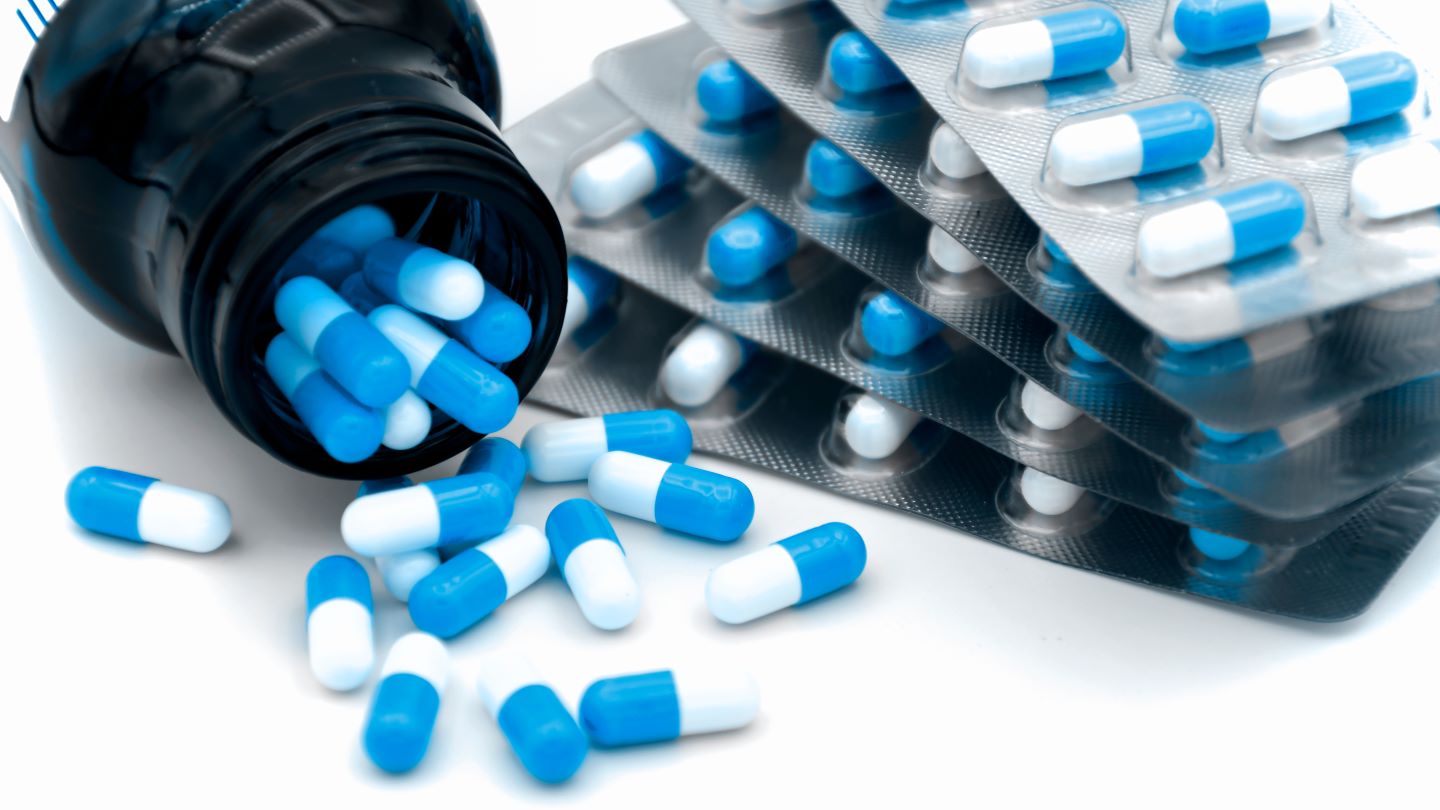On 8 May, the UK was the first government in the world to formally implement a groundbreaking new model for the funding and support of novel antibiotic commercialisation. The UK’s novel subscription-style funding mechanism, based on a model sometimes referred to as a “Netflix-style” scheme, is based on the remuneration of developers according to the inherent value of their next-generation antimicrobial candidate to the healthcare system—regardless of the actual volume of sales. This type of scheme is also under development in slightly different forms in Sweden and the US, and eyes are on these pioneering schemes for possible global uptake of models of this type, should they fulfil their promise. Potentially, such schemes could help resolve the basic problem that currently blocks much-needed research into developing new types of antimicrobials.
While there has never been a greater need for effective next-generation antimicrobials to combat serious infections, particularly those that have developed multiple antimicrobial resistance (AMR) mechanisms, there is an unusual dilemma hampering expansion in this highly important sector. However promising a candidate may be, the chance of any long-term revenue is frustratingly slim, given that resistance to any novel antibiotic, even one with a new mechanism, may develop within only a few years of its launch on the market, potentially rendering it useless, even before recouping of R&D costs can be achieved. As a result, the number of new “last-line” antimicrobials successfully developed in recent years, for last-resort use against severe infections with multiple AMR, has remained frustratingly low—despite the worrying epidemiological implications and the considerable unmet clinical need.
The UK’s groundbreaking subscription-style model—the two-drug pilot scheme in 2019–2024
In July 2019, the UK Government, the National Institute of Health and Care Excellence (NICE), and NHS England launched a pilot trial to evaluate what became the new subscription-style scheme. The trial was focused specifically on the sustainable development and funding of promising novel antimicrobial candidates tailored to last-line use against priority pathogens. Under the new scheme, payments would be made to developers according to the potential value of each product to the NHS, regardless of actual volumes prescribed and sold. The first two candidates, selected via a tendering process, were announced in mid-2020. The choice of these candidates was based on a series of specific factors, including novelty, assurance of supply, and stewardship and surveillance commitments from the manufacturers.
- Following modified health technology assessments (HTAs) conducted by NICE, with a focus on overall added value to the NHS and value-focused clinical and economic assessments, together with confidential pricing arrangements negotiated with NHS England, these two products were both recommended for the treatment of specific types of severe Gram-negative bacterial infections in NHS England, following landmark NICE decisions finalised in August 2022:
- Fetcroja (cefiderocol)—a first-in-class siderophore cephalosporin with a novel entry mechanism via the bacterial iron uptake system, from Japanese firm Shionogi
- Zavicefta (avibactam + ceftazidime)—a combination of a third-generation cephalosporin plus a next-generation beta-lactamase inhibitor with particular promise against “critical priority pathogens,” from US firm Pfizer
NHS England secured initial three-year contracts for these two products, with options for extension of up to ten years. Under the two finalised pilot subscription schemes, both companies will receive an annual payment based on the estimated value to NHS England, regardless of the actual drug volume supplied, and NICE set a preliminary maximum contract value for each product at £10m ($13m) per year.
Formal UK implementation in May 2024—a world first, and unlikely to be the last
On 8 May 2024, following a consultation, the UK Government approved the transition from the pilot stage to become the world’s first permanent model for antimicrobials based on this new subscription-style mechanism. Importantly, the scheme has now been expanded to include more than two drugs per year and has introduced further flexibility to include drugs that may already be launched, or that are expected to be approved within 12 months. Contracts under the permanent scheme will be for an initial period of three years, with the option to extend for three-year periods, up to a maximum total period of 15 years—a timespan selected to focus on coverage of the product’s exclusivity period. Successfully selected products are assigned one of four “value bands” at the outset, but these may change over time depending on the continued value of the product to the NHS (evaluated by periodic reviews).
See Also:
Already, two noteworthy schemes of this type have emerged in other countries. In Sweden, an “incentivised payment model” was initiated in 2020, and is currently progressing rapidly in the pilot stage. This project has had a slightly different focus from the UK model since it initially considered only five existing “at-risk” antibiotics rather than novel candidates; however, an expansion of the Swedish scheme to include newly developed products is now planned. An earlier-stage project in the US, named the Pioneering Antimicrobial Subscriptions to End Upsurging Resistance (PASTEUR) Act, has been initially based on the creation of “subscription contracts” for specific new antibiotics from a funding pool, but is still under evaluation by the Senate.
How well do you really know your competitors?
Access the most comprehensive Company Profiles on the market, powered by GlobalData. Save hours of research. Gain competitive edge.

Thank you!
Your download email will arrive shortly
Not ready to buy yet? Download a free sample
We are confident about the unique quality of our Company Profiles. However, we want you to make the most beneficial decision for your business, so we offer a free sample that you can download by submitting the below form
By GlobalDataIn the UK, the formal roll-out of this trendsetting scheme has already been greatly welcomed in principle by the pharma industry, although there have been some criticisms of the funding levels, which will doubtless be adjusted over time. The Association for the British Pharmaceutical Industry (ABPI) has commented in a blog that it is “extremely hopeful” about the potential of this type of model in incentivising antimicrobial R&D, by reducing risk and improving economic sustainability—certainly for the UK market in the first instance. However, a single-country model like this would make little impact on global antibiotic R&D or the AMR problem if it remained an isolated case—so parallel schemes such as those in Sweden and the US will also be the focus of high levels of scrutiny in years to come, and it is to be hoped that models like this, and other creative solutions, become standard practice in this distinctive sector.
This article is produced as part of GlobalData’s Price Intelligence (POLI) service, the world’s leading resource for global pharmaceutical pricing, HTA and market access intelligence integrated with the broader epidemiology, disease, clinical trials and manufacturing expertise of GlobalData’s Pharmaceutical Intelligence Center. Our unparalleled team of in-house experts monitor P&R policy developments, outcomes and data analytics around the world every day to give our clients the edge by providing critical early warning signals and insights. For a demo or further information, please contact us here.









Related Company Profiles
Shionogi & Co Ltd
Shionogi Inc
Pfizer Inc